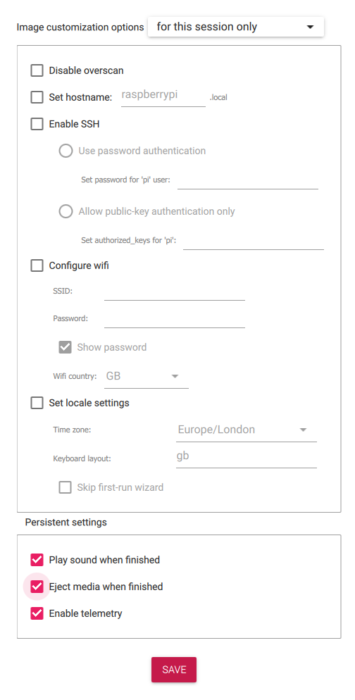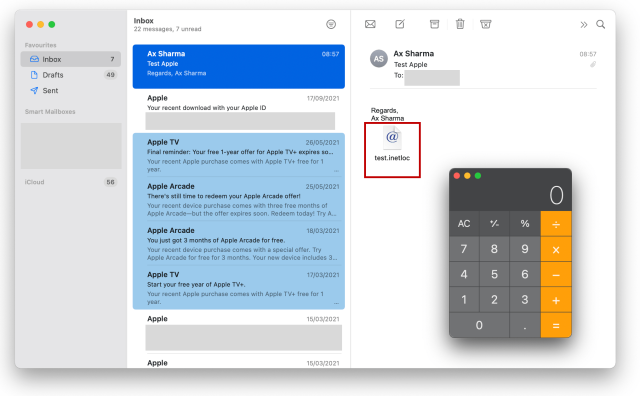

Even large corporations, which either don’t know any better or simply make a mistake, can put your information at risk. I’ll happily admit things like this shouldn’t happen.Īnd most services are better at security than our fictional Service A.īut it’s also not a black-or-white equation. You were at the mercy of the service that had the poorest security.īut the real problem is your use of that single password everywhere. Your account information and password - the password you use everywhere - was exposed. Gmail,, Yahoo, and others have excellent security, but that fact doesn’t factor into this scenario at all. Note this has absolutely nothing to do with the security expertise of the sites where your account is eventually compromised.

Hackers will be able to log in to your other online accounts as well. If you use the same password everywhere, a single leak of that password anywhere puts all your accounts at risk. Unrelated, of course, except that you used the same password at both. The hackers gain access to some other account of yours that was completely unrelated to the initial security breach. They try your login ID and password (or that email address and password) on as many other services as they can. Now the hackers go hunting.Īs most people have accounts on one or more of the major services I mentioned, the hackers start trying the information from Service A as if it were the correct information for Gmail, Microsoft, Yahoo, Facebook, Twitter, Dropbox, and more. They have your email address and a password you use, stolen from Service A.

Perhaps they store passwords in their database in plain text, allowing anyone with access to see them. Of all the accounts you use, they have the weakest. Service A has the best of intentions, but honestly, they don’t “get” security. Here’s how it can go horribly, horribly wrong. Maybe something like 24rZFPI69u$c%*jr.Īnd you use that same wonderfully strong password for all those accounts. You have a wonderfully strong password that you’ve memorized: 16 completely random characters. You have lots of accounts at a number of online services. You probably have other accounts I haven’t listed here, but you get the idea.
#Reverse decision for mac to remember password when logging in on apps windows 10#
In addition, you have a Yahoo! account, because you used it years ago a Google account, because you now use Gmail and a number of other Google services a Microsoft account, because you have Windows 10 and we’ll throw in a Dropbox account, because you’ve been listening to me recommend it. Let’s say you have an account at some online service, Service A. While the specifics won’t apply to you exactly, it will conceptually illustrate what can happen. The scenario I’m about to describe is very common. Different passwords for everything prevents it. Hackers take passwords, email addresses, and user names they discover and try to sign in with them at other online services, which works surprisingly often. In addition to the risks of exposing your password to malware on your own machine, using the same password everywhere puts you at the mercy of the service with the worst security.


 0 kommentar(er)
0 kommentar(er)
